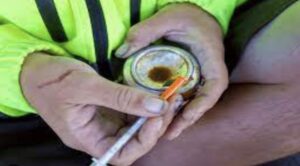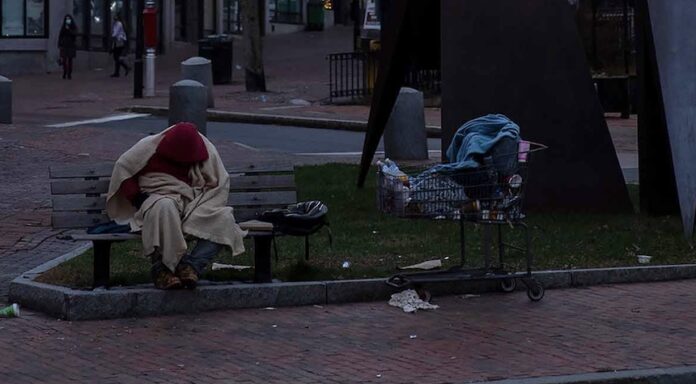According to The Atlantic and Oregon Clackamas county commissioner Ben West, Oregon’s legalization of drugs “hasn’t gone as planned” and it has been an “unmitigated catastrophe.” Does this former proponent of legalization have anything to say about that?
Measure 110, passed in 2020 by Oregon voters, legalized even the most dangerous drugs. Although technically decriminalizing all drugs from shrooms up to fentanyl the low penalties make it unprofitable for cops to intervene, even in cases of commercial possession.
Ryan Mills, writing for National Review, reported on Tuesday that the result is what Clackamas County commissioner Mark Shull called a “wild west” of drug abuse. Mills reported that fellow commissioner West described it as “an unmitigated catastrophe” because “people are dying on our streets.”

What went wrong with Oregon’s drug decriminalization and why have I given up my support for legalization long-time?
Side Note: Although decriminalization is not the same as legalization, due to how Measure 110 was implemented (or not), I will use them interchangeably.
There are only two things that you need to know. They’re both vital and unavoidable.
Measure 110 was to be a “drug addiction treatment and recovery” program, funded by state marijuana tax revenues and prison savings, but it has not been implemented.

What in the world would have made me believe that this could happen, given the current political climate? The clinically insane are rarely committed. They’re often let out to “treat” them with narcotics. It’s like a vicious cycle whereby the mentally ill turn into drug addicts and the drug addicts then become mentally ill.
This brings us to our second problem.
I never believed that legalizing weed would solve all problems. Or was one of the idiot hippies who spewed nonsense such as, “Just legalize the weed man, the taxes will eliminate your deficit!” In general, I thought that the negative effects of legal drugs would be better than the Drug War, with its many insults against our Constitution and Bill of Rights.

The War on Drugs is responsible for a dramatic increase in the potency and strength of drugs. Since each transaction is criminalized, both parties benefit from making each transaction as strong as possible. This is, in essence (but not entirely), how we got from the mild amounts of cocaine that were legal in 19th-century elixirs, to the rampant use of deadly fentanyl today.
Alexandria Brown tweeted this morning, “I’ve changed my mind about legalizing drugs. While I knew there would be some people who would fall into the abyss – reality has shown me that the number is much greater than I had thought.”
She concluded that she was “wrong” about the first-tier effects.

“Ditto,” I replied. “It’s possible that the first-tier effects are magnified now because of the strength of the narcotics that we have available, which weren’t there before we criminalized everything. But we are where we stand.”
Brown concluded, “This isn’t either/or.” “You can think that the War on Drugs was a failure and still note that legalization isn’t the solution. ”
Indeed.
The War on Drugs has been a failure, but there’s no going back to the past. We had more laissez-faire laws in the 19th century — mostly because we were a much healthier culture. But if Oregon and Measure 110 are the future, I have to check “No.”










